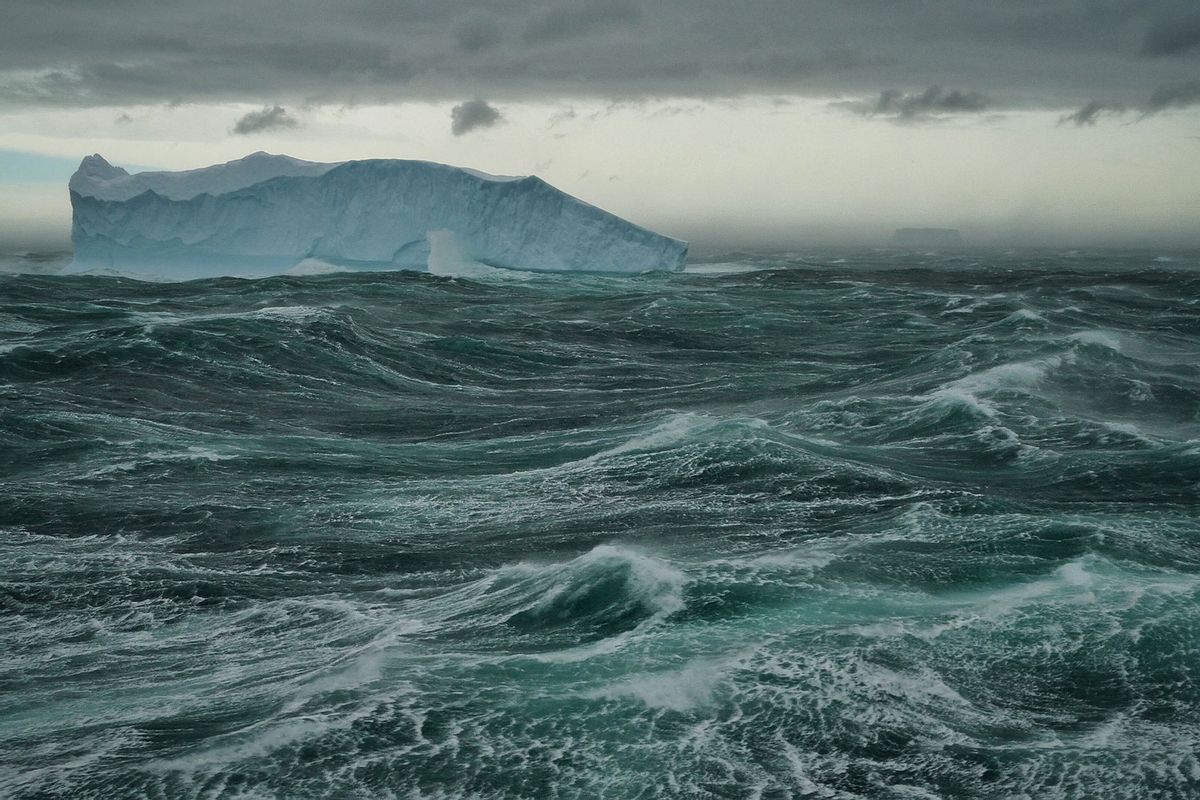A new study in the journal Nature suggests that the color of our oceans is changing due to climate change. Over the past 20 years, low-latitude oceans have become greener. It's well established that rising global temperatures, driven by the burning of fossil fuels, are making dramatic changes to our oceans, from increasing sea levels and intensifying storms to acidifying the water itself.
A NASA satellite known as Aqua just celebrated its 21st birthday in May, making it one of the longest still-running space probes. In that time, it has collected a lot of data on the color of our oceans, which is actually an essential climate variable and can reflect changes in ocean ecosystems. After analyzing this data, researchers from the National Oceanography Centre, Massachusetts Institute of Technology and Oregon State University found that, on average, our oceans are becoming greener, with significant shifts in about 56% of the ocean surface. The reason for this can be related to algae and phytoplankton blooms and how nutrients spread in the ocean in response to heat. The increasing shift from blue to green corresponded with the steep rise in global temperatures and atmospheric greenhouse gases.
"Altogether, these results suggest that the effects of climate change are already being felt in surface marine microbial ecosystems, but have not yet been detected," the authors write. "Our findings therefore might be of relevance for ocean conservation and governance. For instance, knowledge of where the surface-ocean microbial ecosystem is changing might be useful for identifying regions of the open ocean in which to establish marine protected areas."

Shares